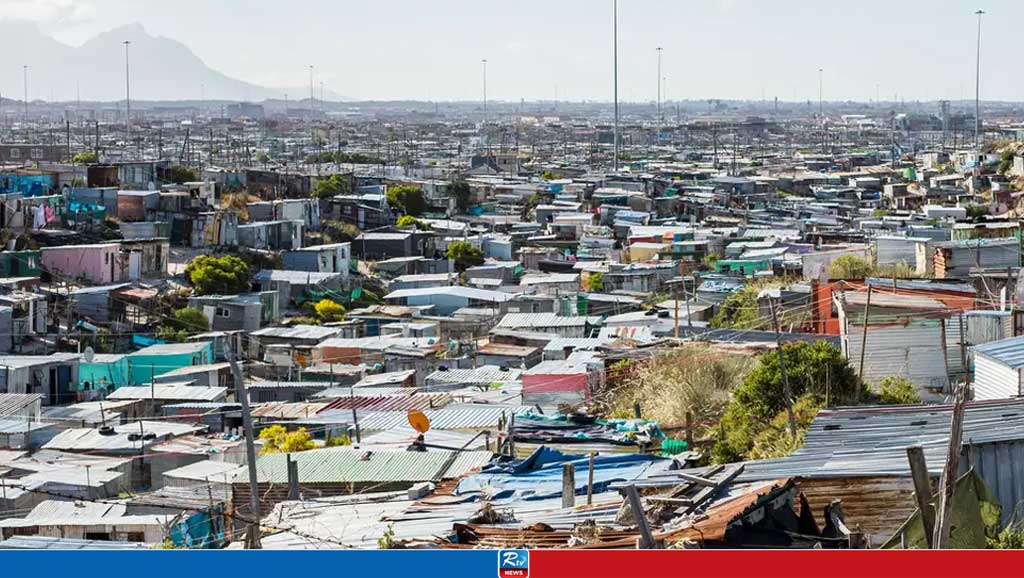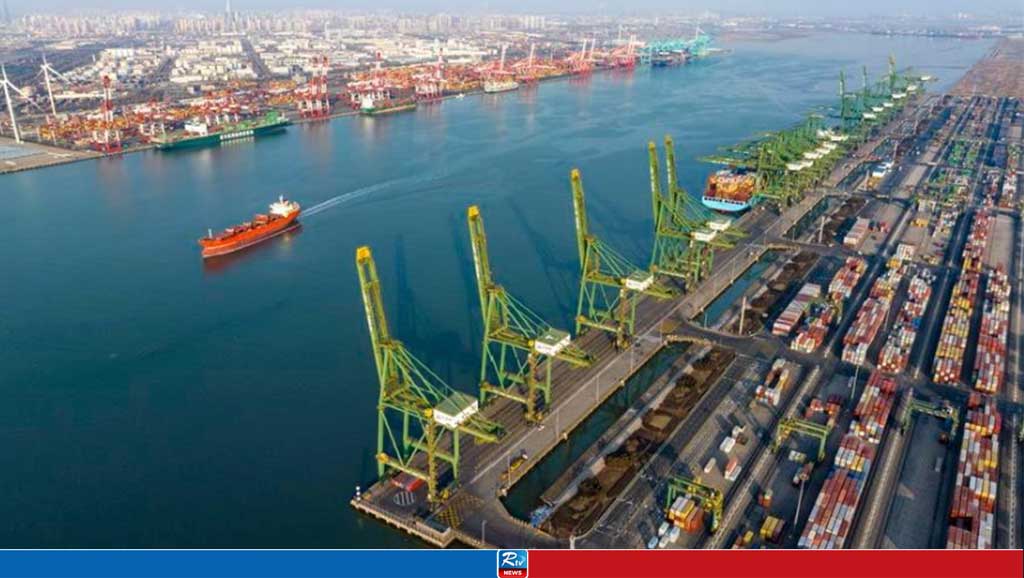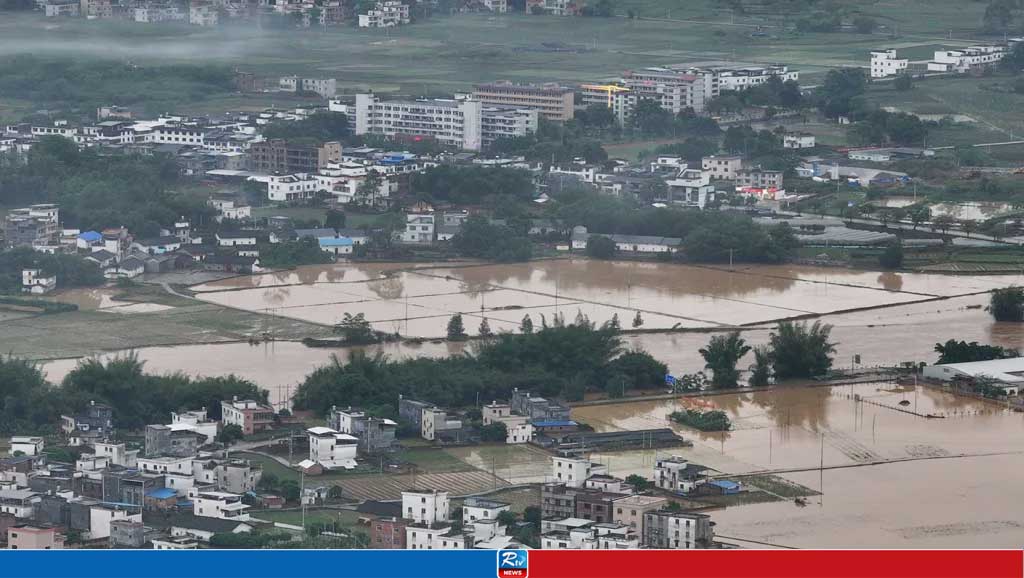Decoding China’s Neo-Colonist practices in Africa
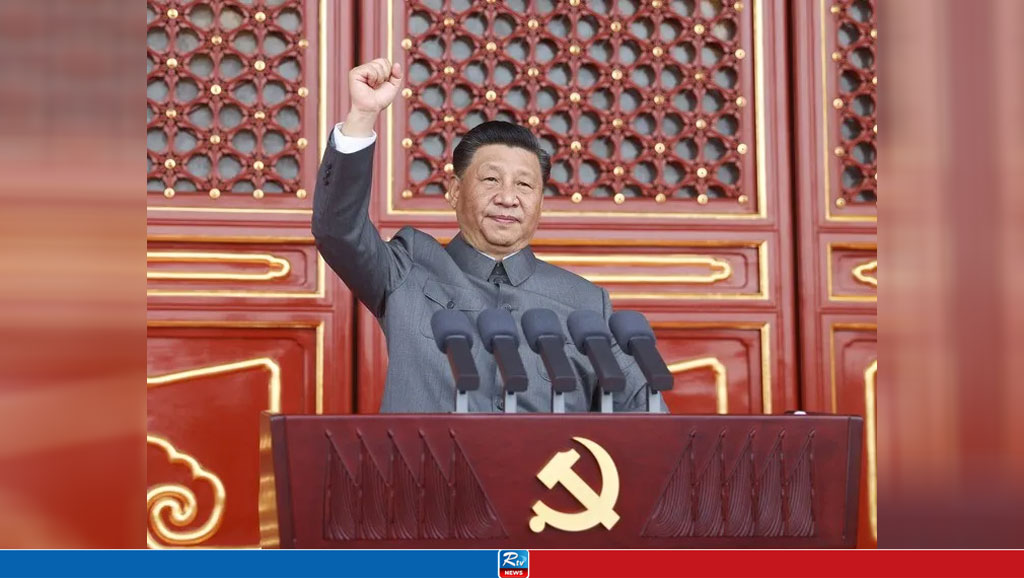
China’s interest in the African continent has been decades in the making. The Asian giant’s increased economic activities in African countries have raised significant concerns about the nature of its engagements in the continent, with many analysts and civil society groups drawing attention to worrying trends in China’s engagements in the continent.
These concerns stem from Beijing’s tendencies of deploying neo-colonist measures such as self-interested economic engagements spanning from high-interest loan lending for development projects to one-sided trade activities among others. With China becoming Africa’s largest trading partner and with trade volumes reaching billions of dollars annually, the concerns raised by civil society groups are attempting to signal towards the onset of a larger China problem in the continent.
The ‘China problem’ throughout Africa
Beijing has over the years become the largest bilateral creditor to African countries by providing financial loans for developmental projects to over thirty African countries including Angola, Ethiopia, Kenya, Djibouti, Cameroon, Zambia and Republic of Congo amongst many others in recent years. These financial loans have led to the continent owing Chinese creditors over $93 billion dollars up until 2022 and is expected to reach an all-time high figure of around $153 billion in the upcoming years.
Moreover, in its expansionist quest, Beijing has also overtaken major financial institutions such as the World Bank, the IMF and other traditional creditors all together and is the world’s largest official creditor currently. The Asian giant also has an outstanding claim of more than 5% of the globe’s total GDP and more than a dozen under-developed and developing countries own finances of at least 20% of their GDPs to China.
Under the pretext of developmental projects, China has masqueraded their economic assistance to nations that have been financially volatile due to various reasons. For instance, countries like Zambia, Congo, Ethiopia, Kenya amongst others have been pushed in to economic crisis more so due to high interested loans that have been granted by China’s developmental banks. The practice of ‘hidden debts’ in loan agreements has also caused major setbacks to volatile economies in Africa.
The BRI project alone has caused lower and middle-income countries with hidden debts amounting to around $385 billion until 2020 and is expected to far exceed the figure in the coming years. The Chinese side on its part has gone on record to demand for strict discretion on details of MoU’s that have been signed. This has subsequently left very little room for manoeuvring for these volatile economies in the continent subjecting them to be left at the behest of Chinese authorities.
The case of Kenya and Zambia as reminders for the African continent
In 2022, protests broke out in Kenya due to the economic turmoil caused by the high indebtedness to Chinese lenders, with protesters calling for greater transparency in contract details of MoU’s signed with Chinese authorities over the period of five years. Up until last year, Beijing-based companies as well as the Chinese government amounted for around a third of Kenya’s debt overall debt.
The protests in the African country forced the government to release partial details of the loan agreements which brought out the true imperialistic tendencies showcased by Chinese firms as well as the government. According to the contract details released by Kenya’s Transport department the details pertained to one of Kenya’s most ambitious projects taken under China’s behest – The Standard Guage Railway initiative. The project during its inception was agreed to be paid by the Exim Bank of China, in addition to the loans granted by the Exim Bank.
The Kenyan government had previously declared in 2020, that it had financial dues amounting to over 38 billion shillings to Afristar, a Chinese owned firm for the same project. This took the overall borrowing for the railway project above and over to 420 billion shillings from China.
In the released details it was also revealed that the Kenyan government was bound by the terms of the contract to keep the details secretive even though unfavourable terms had been agreed upon in the MoU. Until the details were made public, observers noted that Chinese contracts with developing countries usually included clauses in which borrower countries were mandated to prioritize repayments to Chinese state-owned firms over its other borrowings.
The contract details also stated that the SGR deal was a twenty-year-old loan with a seven-year grace period, in which Kenya was to repay within 13 years. Within this, at least 42% of the revenue generated from the project was to be used for repayment of the loans leading to the Kenyan government receiving no monetary benefit for a period of at least twenty years up until the Chinese loans were paid off.
The Zambian government too, faced a similar situation leading to political upheaval in the country due to excessive Chinese borrowings. The southern African country has currently sustained excessive debts most of which have been provided by Chinese developmental banks for white elephant projects that has generated under-performing revenues as compared to the cost of construction induced within them.
These excessive loans have now led to the Zambian government pleading its creditors for financial restructuring in debt agreements. Moreover, this had also led to the government cancelling around $1.6 billion worth of undisbursed loans form Chinese lenders causing a further halt to infrastructural projects across the country. Ironically however, China has refused to restructure debt repayments and has on the contrary secured itself guarantees from the Zambian government mandating the country to disburse its repayments first.
These preconditions have also hampered Zambia’s efforts in securing debt relief from its other creditors who have accused Beijing of sabotaging Zambia’s volatile economy in lieu for its own guarantees.
These examples serve as an important reminder to China’s sinister tendencies of colonizing the African continent through neo-imperialistic means. Under the pretext of development, Beijing has deployed all possible colonizing strategies to influence economic outcomes in different countries in the continent with many such countries now having to focus on repayments to China instead of crafting strategies for economic revival.
In light of such detrimental Chinese practices, it far more important and of urgency that other countries learn from the examples of despair faced by its fellow African nations before China comes knocking with excessive financial resources on their own doorsteps.
Hence a collective strategy must be undertaken by all African countries that see themselves under Chinese debt, for they may be Beijing next target.
Source: PML Daily
Comments
Jacob Zuma barred from running in election
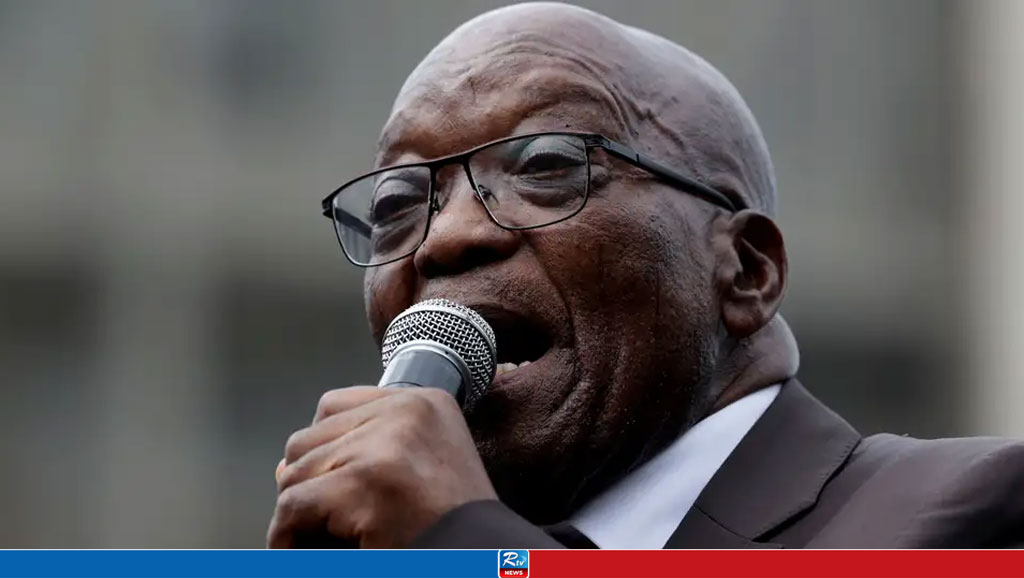
45 dead in South Africa bus crash, 8-year-old girl only survivor

World's most expensive cow sold for $4.3 million in Brazil

Turkey: Polls close in Erdogan's 'last election'

Italy is overtaking Germany as Europe's economic powerhouse

Lawmakers urge Biden to call out more Chinese biotech firms

Gaza death toll crosses 33,000


 Live Tv
Live Tv

